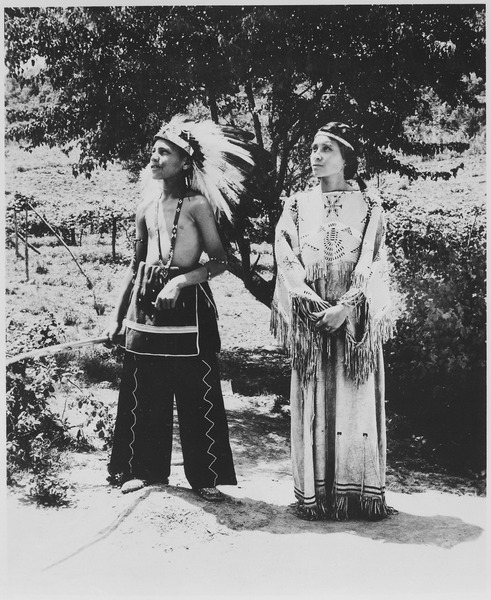Did you grow up sort of poor? I did. Not on food stamps but close. Not in the projects but a couple of buildings away. It leaves a mark. The general theory of poverty has long been that if a poor person received a windfall of cash, it wouldn’t matter because the poverty resides within them. They would be back to square one and in need in no time. A study by Duke epidemiologist Jane Costello about casino money being dispensed to previously poor Cherokee Indians pushed back at that idea to an extent that surprised even the academic herself. From Moises Velasquez-Manoff’s New York Times op-ed, “What Happen When the Poor Receive a Stipend?“:
“When the casino opened, Professor Costello had already been following 1,420 rural children in the area, a quarter of whom were Cherokee, for four years. That gave her a solid baseline measure. Roughly one-fifth of the rural non-Indians in her study lived in poverty, compared with more than half of the Cherokee. By 2001, when casino profits amounted to $6,000 per person yearly, the number of Cherokee living below the poverty line had declined by half.
The poorest children tended to have the greatest risk of psychiatric disorders, including emotional and behavioral problems. But just four years after the supplements began, Professor Costello observed marked improvements among those who moved out of poverty. The frequency of behavioral problems declined by 40 percent, nearly reaching the risk of children who had never been poor. Already well-off Cherokee children, on the other hand, showed no improvement. The supplements seemed to benefit the poorest children most dramatically.
When Professor Costello published her first study, in 2003, the field of mental health remained on the fence over whether poverty caused psychiatric problems, or psychiatric problems led to poverty. So she was surprised by the results. Even she hadn’t expected the cash to make much difference. ‘The expectation is that social interventions have relatively small effects,’ she told me. ‘This one had quite large effects.’
She and her colleagues kept following the children. Minor crimes committed by Cherokee youth declined. On-time high school graduation rates improved. And by 2006, when the supplements had grown to about $9,000 yearly per member, Professor Costello could make another observation: The earlier the supplements arrived in a child’s life, the better that child’s mental health in early adulthood.”

